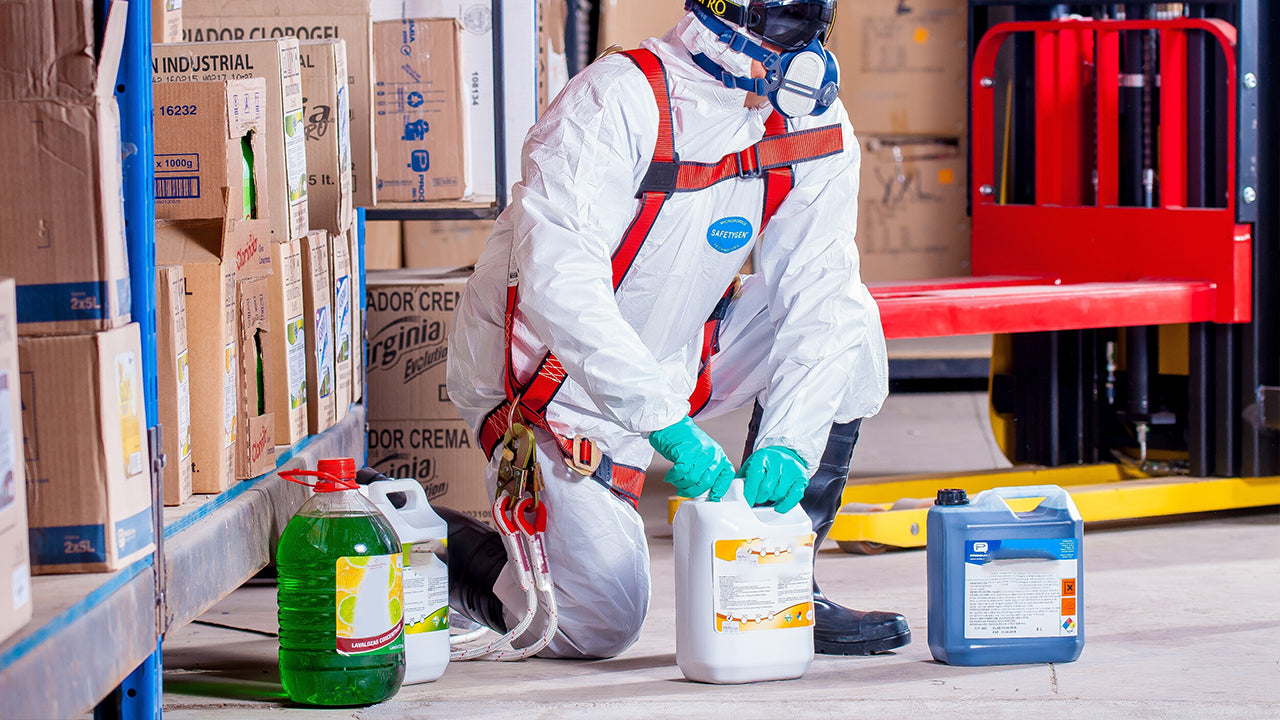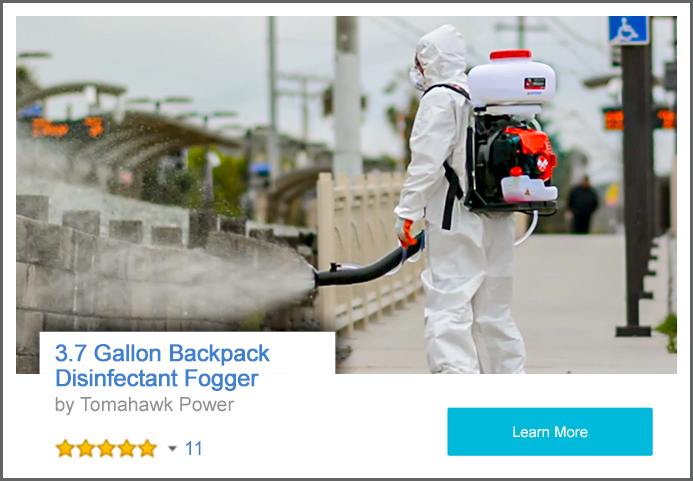What is Coronavirus?
A large group of viruses that exist in various kinds, are known as coronavirus. The newly discovered, novel coronavirus is known as COVID-19, which originated in China. Coronavirus mainly affects the respiratory or the gastrointestinal tract of human beings.
How to Protect Yourself Against Coronavirus?
The worldwide spread of coronavirus has affected thousands of people, and it is likely to continue spreading over the coming days. Without the discovery of a vaccine or medication that can eliminate the virus, worldwide travel and large community gatherings will continue to help COVID-19 spread. This makes it all the more important for people to follow certain precautionary steps in order to protect themselves from getting exposed to the virus.
- Wash hands for a minimum of 20 seconds, diligently, with hand wash and warm water.
- Use a sanitizer to disinfect hands. when touching commonly used objects or meeting people.
- Use a cleanser and sprayer to sterilize and clean daily used objects.
- Cover your mouth and nose with a tissue while sneezing or coughing.
- Stay away from live animal markets or stray animals.
- Take flu shots under proper medical supervision.
- Consult a doctor if are experiencing symptoms like fever, headache, chest pain, shortness of breath or muscle pain are experienced.
- Cover your mouth with a face mask, while staying in close proximity with other people.
-
Chemicals like bleach, hydrogen peroxide, and more should be used to disinfect.
What Chemicals Should I Use to Prevent Coronavirus?
In order to safeguard oneself from becoming susceptible to coronavirus, there is are a few chemical that are being used worldwide to combat the spread of the virus.
Peracetic Acid
What is it?
Also known as peroxyacetic acid, it is a colorless liquid, highly corrosive, with a smell, similar to that of acetic acid.
How does it work?
It can be mainly used to sterilize medical and surgical instruments that may be stored at homes and offices for emergency cases.
Where can I find it?
It can be found in detergents, disinfectants and sprayers, which are used to purify and sterilize daily objects and hard surfaces.
Chlorine Dioxide
What is it?
A yellowish-green color gas that can be dissolved in water to form a solution. It is used in water treatment and as an oxidizing agent in bleaching.
How does it work?
It can also be used as a cleanser to disinfect contaminated surfaces, tools, equipment, and more. It helps in bacterial and fungal removal.
Where can I find it?
Chlorine dioxide is most commonly found in bleaches and disinfectant sprays.
Hydrogen Peroxide
What is it?
A clear liquid, made out of a combination of hydrogen and water.
How does it work?
The use of hydrogen peroxide depends upon its potency factor. They can be used as an oxidiser, an antiseptic, or a bleaching agent.
Where can I find it?
Hydrogen Peroxide is mostly found in hair bleach creams, household disinfectant sprayers, for industrial uses.
Bleach
What is it?
A dilute solution of sodium hypochlorite, used as an incredible cleanser or disinfector, both industrially and in homes.
How does it work?
It is used to remove stains, bleach hair to a lighter color, clean contaminated surfaces, and is used as a commercial and household cleanser to remove bacteria, fungus, and viruses.
Where can I find it?
Bleach can be found in multiple hair creams, detergents, cleansers, disinfectant bottles, etc.
Conclusion
Chemicals are a great source of disinfectants and cleaners and can be easily bought and stored at homes and offices for routine cleaning. It is important to practice healthy habits at a time when there is a risk of getting disposed to a virus, like coronavirus, which can also turn fatal.











